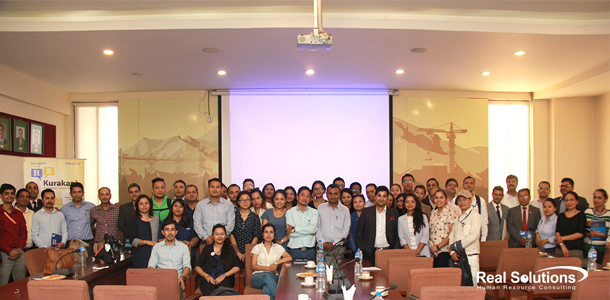As an employer, there may not always be a need for a permanent employee. Rather, it may be more appropriate to engage employees on a casual basis or until a set date. Upon this date, the employment will come to an end. Accordingly, it is important to understand the different types of employment as an employer. Once the employment type is decided, clauses for employment agreements can be outlined.
Below are the types of employment that should be considered to fill the vacant position and to determine the most appropriate employment arrangement for the employee.
Regular Employment:


Regular Employment means employment other than work-based employment, time-based employment and casual employment. The employment is regular or not shall be determined as prescribed based on the nature of the work. Regular employment is most commonly full-time. Employees under probation period as well as those who hold the permanent position are considered “Regular employees”.
Pros:
If there is plenty of work, the regular employee is better as they are committed to longer working hours.
The added benefits attached to regular employment are likely to create more employee initiation and dedication.
Cons:
The need to pay income even during the quiet or reduced periods of corporate income.
If a consistent schedule and set of responsibilities are not provided then employees may run out of work.e.
Work-based Employment:

As per the Labor Act, work-based employment means employment that the employer provides or has provided specifying any particular work or service for performance. Such employees are hired to provide a specific service.
Pros:
Recruit someone with a specific skill needed on a short-term basis instead of paying the current employee to learn a new ability
Try one new talent before bringing them on full-time.
Cons:
Workers may not be willing to work with their previous employer as they might have been involved in other projects.
Search for workers becomes difficult and this might cause a delay in starting the work.
Time-based Employment

Some companies give employees an option of time-based pay. In time-based employment, employers specify a certain period and condition the employee has to work.
Pros:
Time rates are simple for employers to calculate and administer
Best for positions like administration and maintenance where productivity does play a major role.
Cons:
Calculating the payment for each employee can be time consuming
Difficult to supervise the time-based workers due to irregular work hours.
Casual Employment:

Casual employment requires employees to provide any service or work for seven days or less within one month to their employer.
Pros:
Employers can fill in a temporary labor gap.
Employers do not need to provide leave benefits such as casual leave or annual leave.
Cons:
Casual employment is costly for employers due to the requirement to pay the casual loading.
Casual employers can notify at the last minute that they are unavailable for work.
Part-time Employment

Part-time employees include anyone that works thirty-five hours or less than thirty-five hours a week. Part-time is entitled to notice of termination if their employment is terminated.
Pros:
The company can hire a qualified part-time employee without paying a full-time bill.
Flexible work hours can lead to enhanced employee productivity and commitment.
Cons:
Part-time employees have minimum time to learn the ins and outs of the company and may lack valuable institutional knowledge.
Due to increased workload and fewer working hours, the quality of the work may suffer.
For employers in search of talented and qualified candidates register at merojob, post vacancy and reach talents that could be the right fit for your company.















